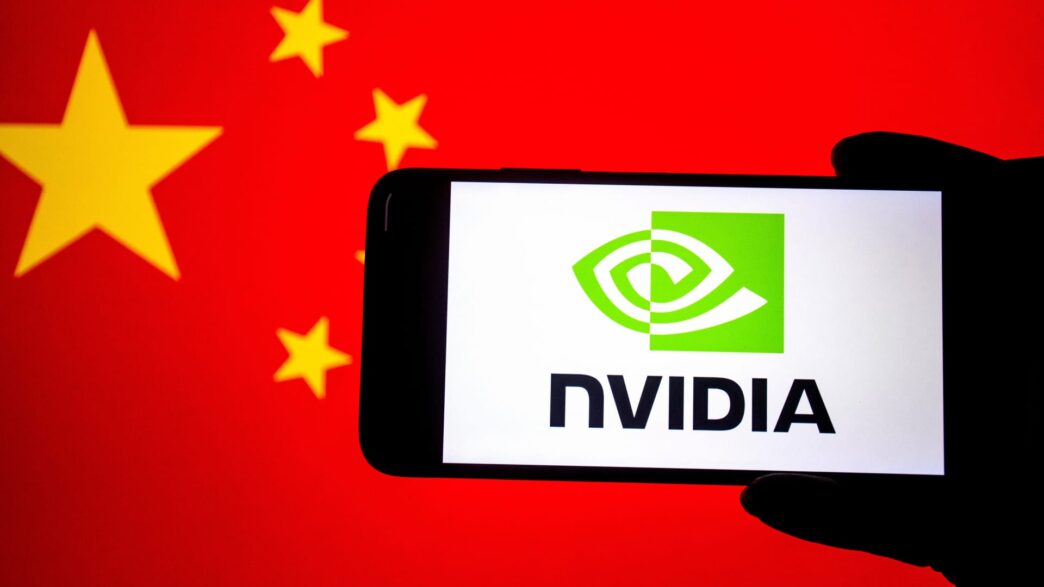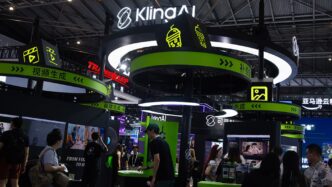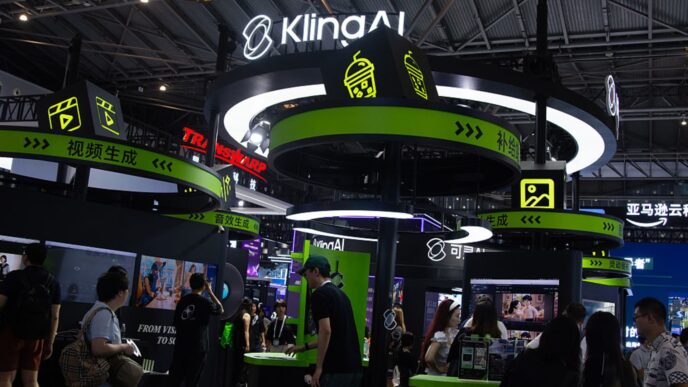Nvidia denies backdoors in its H20 AI chips after a tough grilling by Chinese regulators. Beijing summoned Nvidia officials to explain possible national security risks tied to the chips, which are primed to resume exports to China after an April freeze.
The Cyberspace Administration of China (CAC) demanded “clarify and submit relevant supporting documentation” on potential vulnerabilities and backdoors in the H20 chips. The regulator claimed AI chips have “serious security vulnerabilities” and pointed to US lawmakers pushing for mandatory tracking features on advanced chip exports.
American AI experts reportedly uncovered “tracking and positioning” and “remote shutdown” tech embedded in Nvidia’s chips, raising red flags in China.
Senator Tom Cotton and a bipartisan group introduced the U.S. Chip Security Act in May. The bill would force semiconductor firms like Nvidia to bake in security and location tracking in AI chips. Experts say Nvidia’s hardware already has the basics built-in.
US lawmakers have recently voiced concerns about loosening restrictions on H20 chip sales, warning it could boost China’s AI muscle. Nvidia CEO Jensen Huang is now stuck balancing Washington’s policies with a massive Chinese market. Huang announced the H20 chip sales resumption during a Beijing visit, just after meeting then-President Trump.
Nvidia took a $4.5 billion write-down on unsold H20 stock in May. They said sales would have been $2.5 billion higher last quarter if export bans weren’t in place. Nvidia also ordered 300,000 H20 chips from TSMC this week to supply China.
A Nvidia spokesperson responded on Friday:
Cybersecurity is critically important to us. NVIDIA does not have ‘backdoors’ in our chips that would give anyone a remote way to access or control them.














